The ARENAS team is conducting an innovative and ambitious research programme that will significantly contribute to filling gaps in contemporary research and make recommendations to policymakers, media outlets, lawyers, social inclusion professionals, and educational institutions.
The ARENAS project will propose solutions for countering extreme narratives for developing more inclusive and respectful European societies. It also ensures reliable archiving and access to the developed resources even after the project’s lifetime. You can access some of those developed resources here.

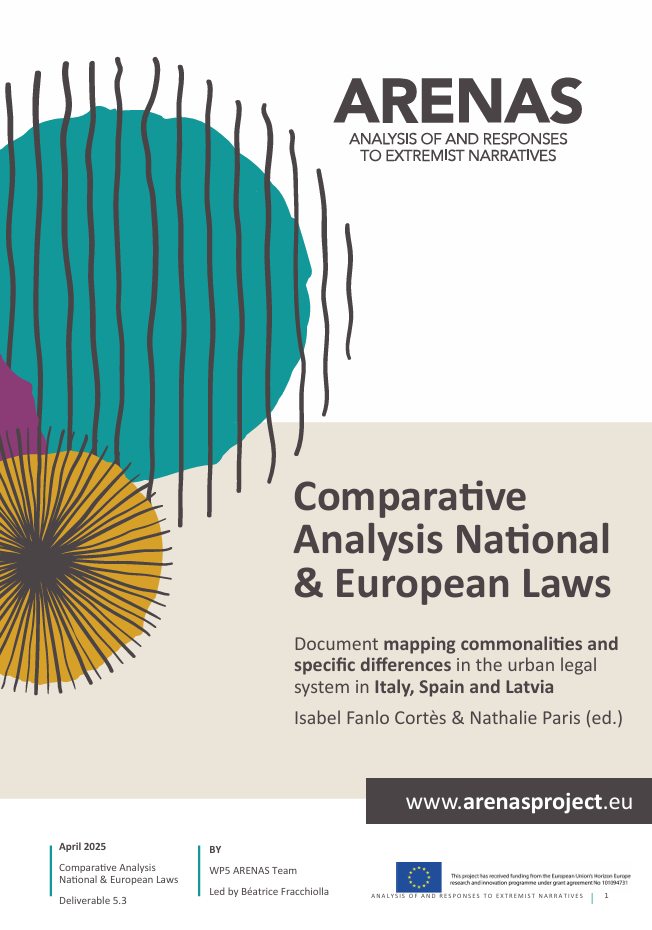
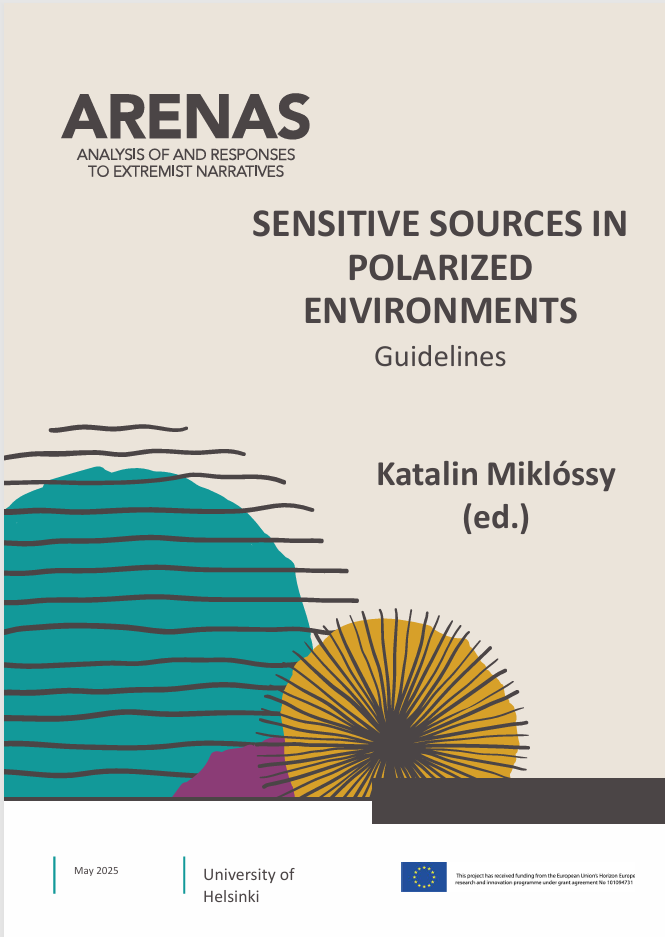
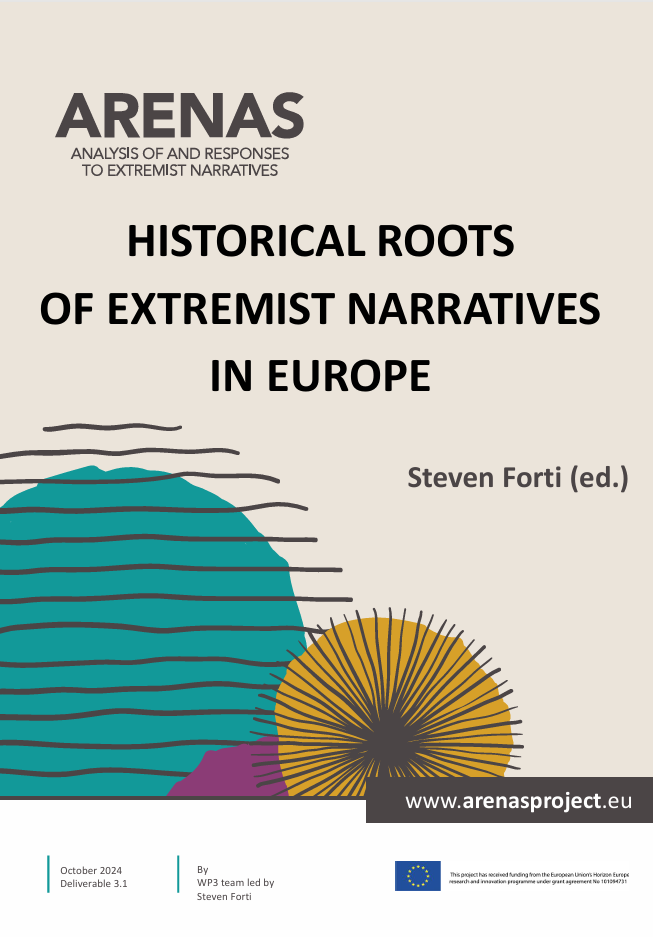
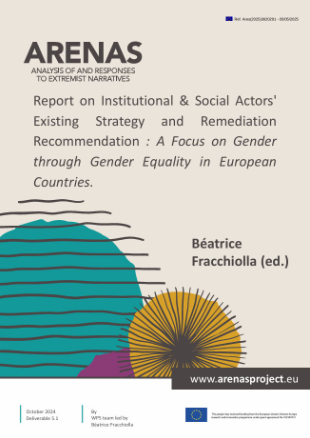
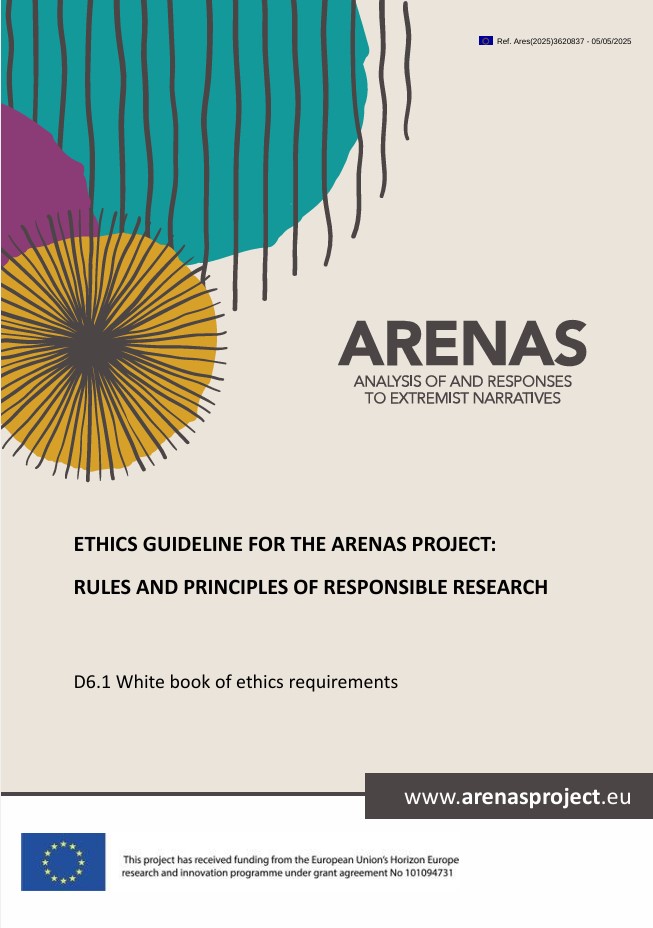
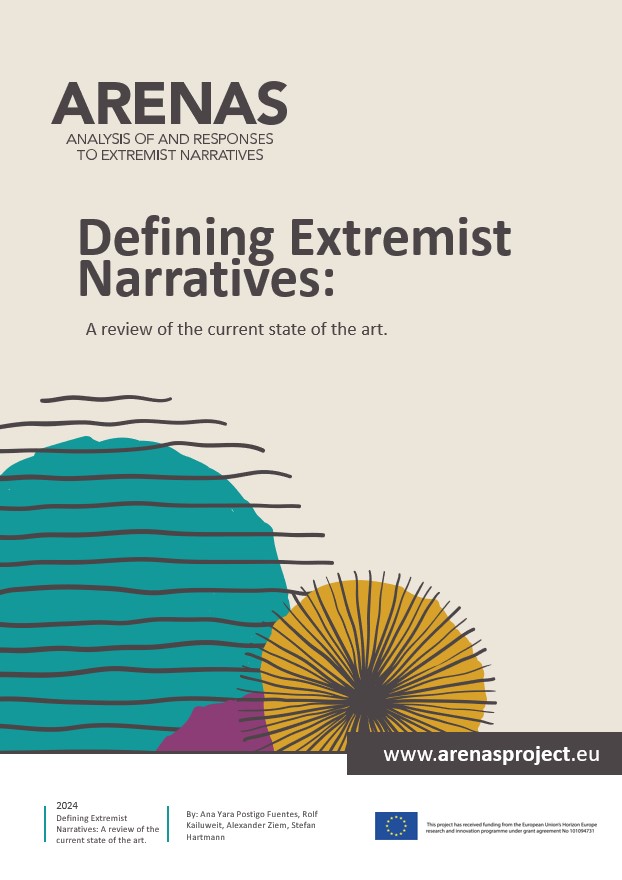
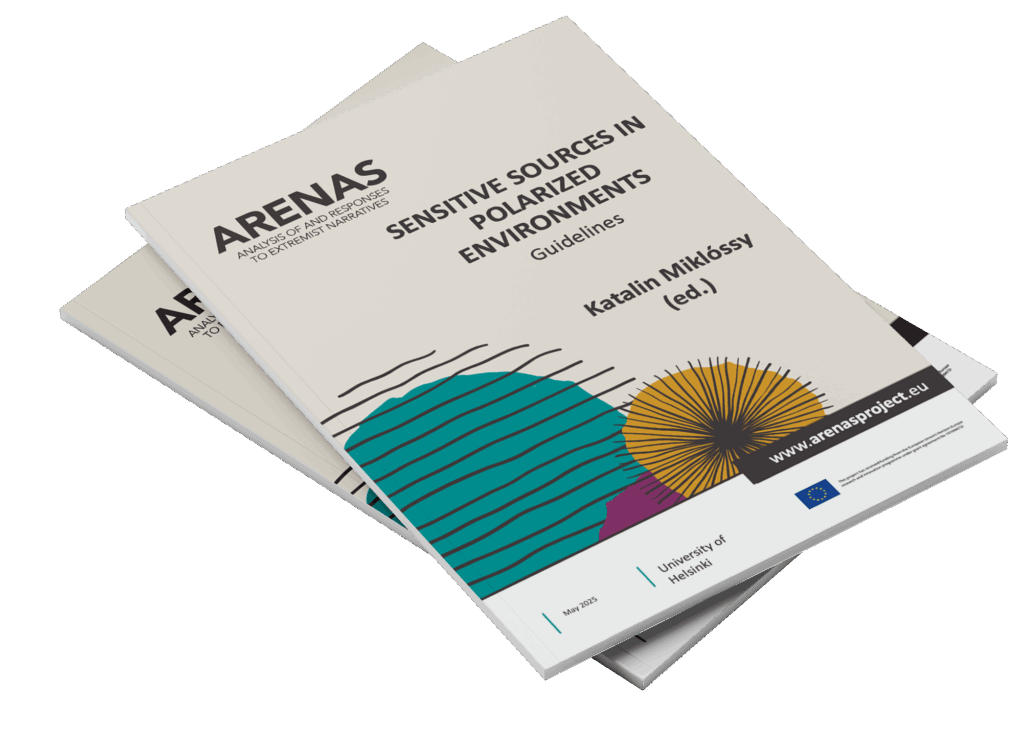
The General Guidelines on Sensitive Sources in Polarised Environments were developed as part of Deliverable 6.2 of the ARENAS project, led by the University of Helsinki. This document aims to support researchers navigating the complex and often risky terrain of politically sensitive research. In increasingly polarised academic environments, the way source materials are collected and interpreted can significantly influence scholarly outcomes. These guidelines offer practical insights and cautionary advice to help scholars avoid common pitfalls and remain critically aware of their own positioning.
This draft report has been submitted for approval to the European Commission.
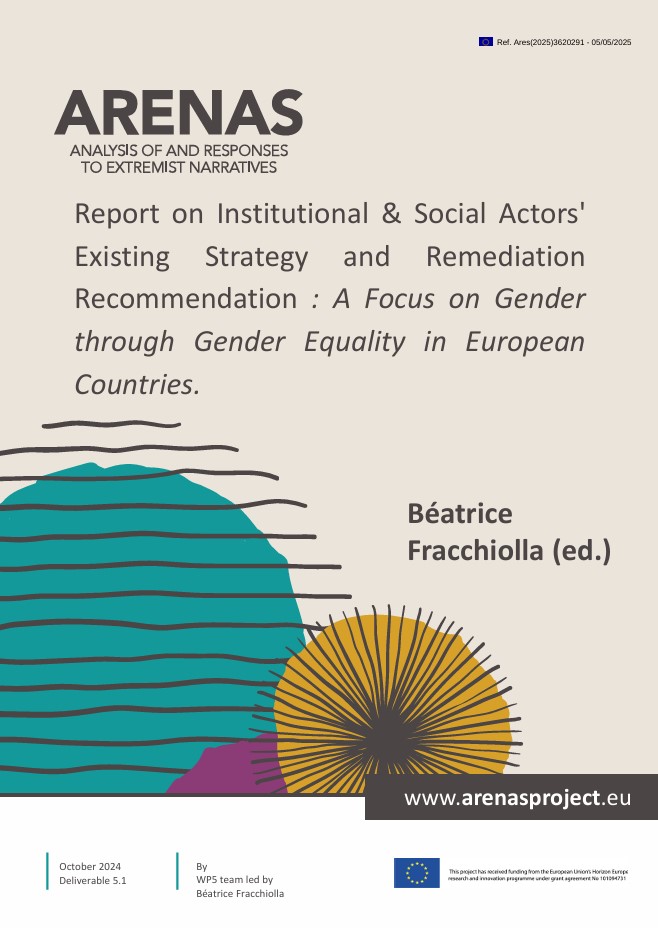
The latest Gender Equality Index 2023 report by the European Institute for Gender Equality (EIGE) shows that despite improvements in the quality of life at work, in education and in economic decision-making, gender inequalities continue to widen in the European Union, for example in the economic sphere (personal economic situation) or in the health sphere (health status and access to health care) (EIGE, 2023: 11).
This report aims to provide a concise overview of gender equality activities in the partner countries over the past decade, to understand the current situation. The report shows that although many actions have been taken, are being taken and are planned for the coming years to reduce gender discrimination and promote gender equality in all European partner countries, it is clear that these two issues, which are strongly linked to cultural practices, beliefs and behaviours, remain problematic at many levels in many countries, despite all the actions taken at different institutional levels.
This is a draft report awaiting final approval.
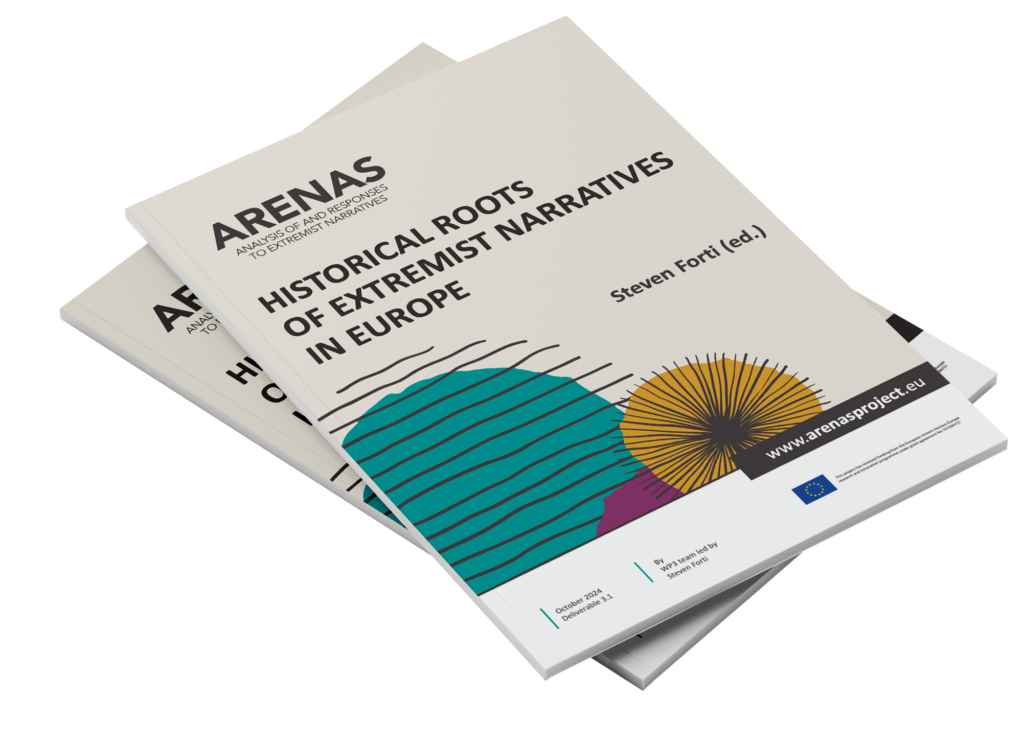
Over the past two decades, Europe has witnessed a significant rise in extremist narratives, particularly from far-right political and social actors. This surge has transformed the far right into a major political force, with far-right parties securing over 20% of the seats in the 2024 European Parliament elections. Since 2010, far-right parties have also gained governmental power in several European countries, either independently or in coalition with other right-wing or liberal parties.
This report delves into the historical roots and evolution of extremist narratives in Europe, spanning from the late 19th century to the present. It includes case studies from Germany, France, Italy, Spain, Finland, Poland, Hungary, Slovenia, Croatia, and Serbia. Conducted as part of task 3.2 of the ARENAS project, this study is the first step for analysing the current circulation of extremist narratives in the political and media spheres and their impact on European society. The ultimate goal is to develop effective responses and tools to curb the spread of these narratives and promote constructive dialogue among stakeholders.

Prepared by Julien Longhi (University of Cergy) and Katalin Miklóssy (University of Helsinki), in collaboration with the members and Ethical Board of the ARENAS Horizon project, this Whitebook of Ethics Requirements provides an ethics guideline for the ARENAS project with rules and principles for responsible research. The objective is to promote responsible conduct in research while ensuring that all alleged violations are handled with competence, fairness, and expediency.

The ARENAS project considers the effectiveness of extremist narratives as a fundamentally discursive phenomenon and seeks to identify and characterise their linguistic, and more broadly, semiotic dimensions in order to provide concrete recommendations concerning their detection, characterisation, and prevention.
First, “extremism” needs to be distinguished from other concepts like “hate speech” or “radicalism”, and “narratives” need to be distinguished from other concepts like “ideology”, “discourses”, “frames” or “storytelling”.
This Literature Review aims to define extremist narratives within the academic community (discourse analysis, history, political science, narratology) and develop an operational definition of extremist narratives.